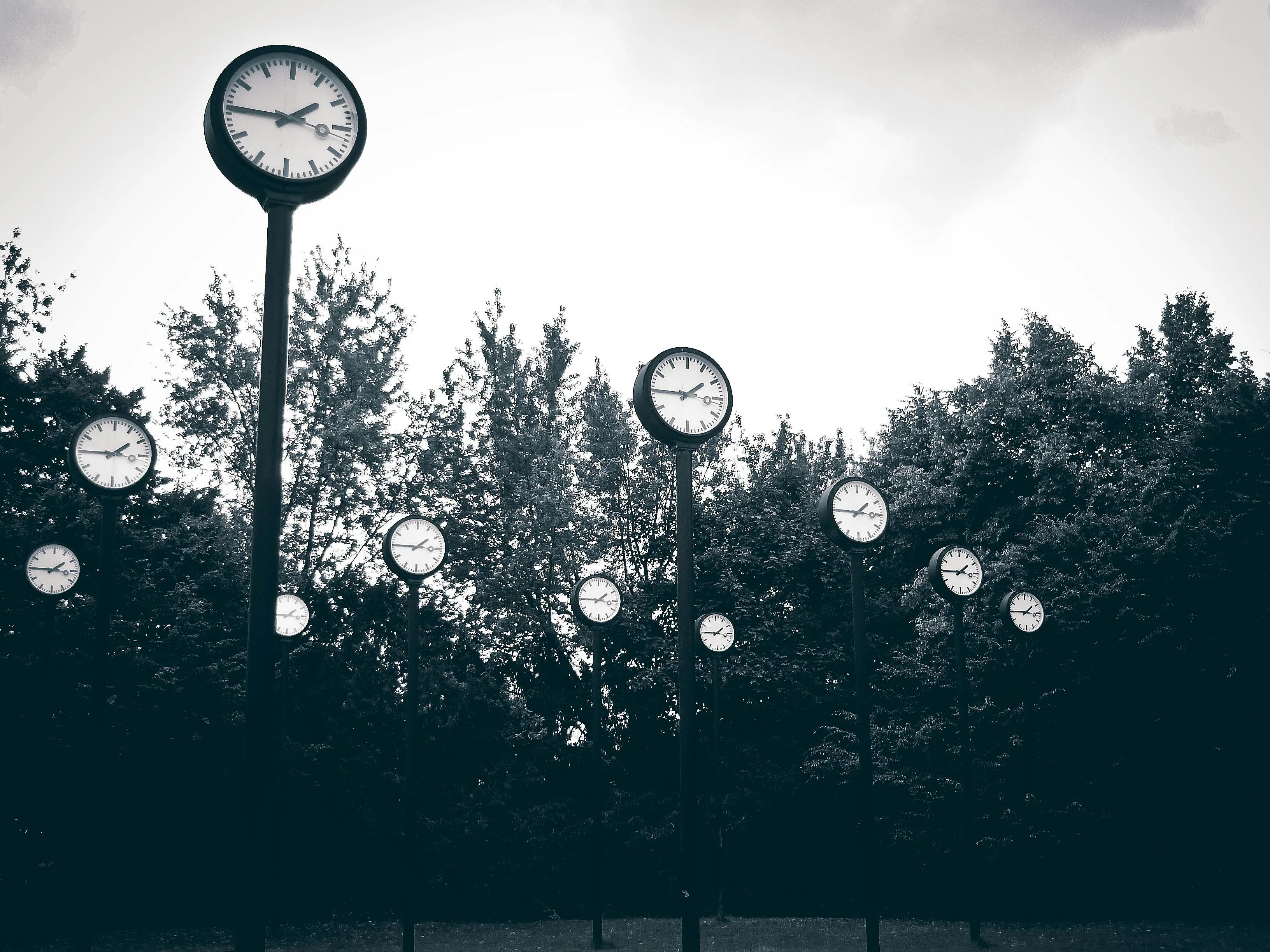
Northumberland residents will need to turn their clocks back one hour before going to bed on Saturday night as Canada returns to standard time – a biannual ritual that continues to spark debate more than 80 years after it began.
Daylight saving time (DST) was first introduced in 1941 during the Second World War as a power-saving measure, initially adopted only in Ontario and Quebec before spreading across the country. While intended to make better use of daylight, critics argue the time change does more harm than good.
Studies show that the shift disrupts sleep patterns and has been linked to increased rates of heart attacks, strokes, and traffic collisions in the days following the change. The loss or gain of just one hour can throw off circadian rhythms and affect productivity, focus, and mood.
Despite these concerns, Canada continues to adjust clocks twice a year, though several provinces – including Ontario and British Columbia – have passed legislation to end the practice once neighbouring jurisdictions follow suit.
Globally, about half the countries that once observed daylight saving time have abandoned it altogether. Europe and North America remain among the few regions still adhering to seasonal clock changes.
For now, Northumberland residents can enjoy an extra hour of sleep Sunday morning – and perhaps a renewed discussion on whether it’s time to stop changing the clocks altogether.
(Written by: Joseph Goden)




